March 31, 2022
Firms must do more to earn the commute of hybrid workers
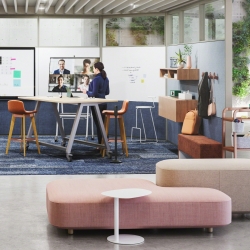 Steelcase has released a new global research report which reveals that outdated offices are no longer conducive to employees’ shifting needs for greater control, comfort, and privacy. The study found that if a workplace was made more in tune with shifting expectations, staff were more engaged, productive, connected to their organisation’s culture and less likely to leave. The Steelcase report, The New Era of Hybrid Work, surveyed nearly 5,000 workers in 11 countries. The findings reveal that whilst 87 percent of respondents now spend at least some of their time working from the office as the threat of the pandemic recedes, six in ten (58 percent) prefer working from home. One of the most appealing attributes of a home for two-thirds (65 percent) of UK employees is that they have a dedicated space for work. Whereas in the office, the majority (59 percent) have desks in open areas, with minimal privacy. (more…)
Steelcase has released a new global research report which reveals that outdated offices are no longer conducive to employees’ shifting needs for greater control, comfort, and privacy. The study found that if a workplace was made more in tune with shifting expectations, staff were more engaged, productive, connected to their organisation’s culture and less likely to leave. The Steelcase report, The New Era of Hybrid Work, surveyed nearly 5,000 workers in 11 countries. The findings reveal that whilst 87 percent of respondents now spend at least some of their time working from the office as the threat of the pandemic recedes, six in ten (58 percent) prefer working from home. One of the most appealing attributes of a home for two-thirds (65 percent) of UK employees is that they have a dedicated space for work. Whereas in the office, the majority (59 percent) have desks in open areas, with minimal privacy. (more…)





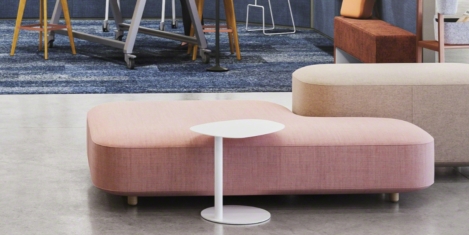
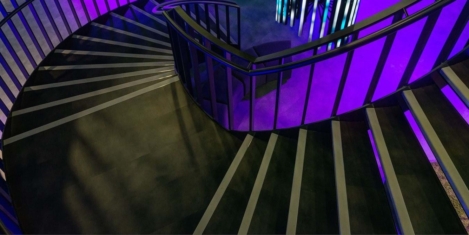
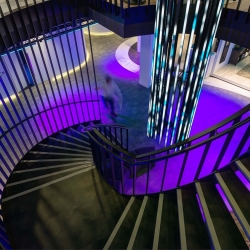 Even as we begin to glimpse the light at the end of the tunnel of the pandemic, evidence suggests that many workers want to carry over the working flexibility that the pandemic afforded into the post-pandemic world and a new future of work. Namely, employees are wanting to adopt a ‘mixed’ working style – spending time both working in the workplace,
Even as we begin to glimpse the light at the end of the tunnel of the pandemic, evidence suggests that many workers want to carry over the working flexibility that the pandemic afforded into the post-pandemic world and a new future of work. Namely, employees are wanting to adopt a ‘mixed’ working style – spending time both working in the workplace, 

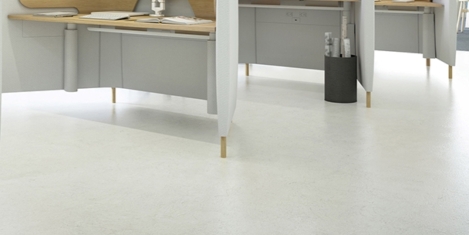
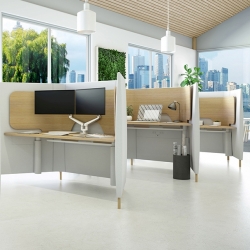
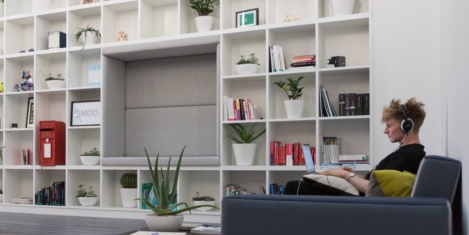
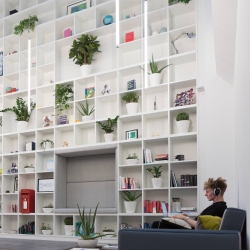
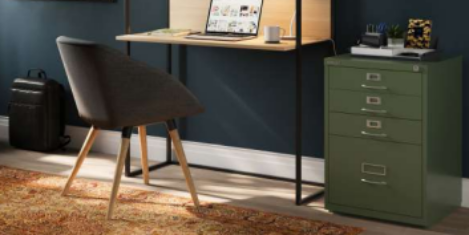
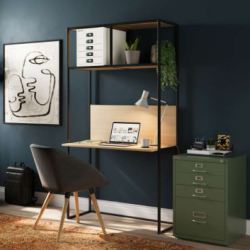
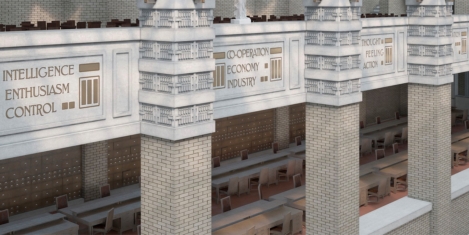
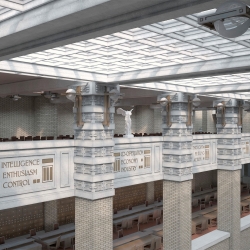 It was only towards the end of the development of IN Magazine that we became aware of something called COVID 19. By the time of the official launch in March of 2020, it had become clear that the world was facing a challenge that would lead to a reassessment of many aspects of our lives. We’re not out of the woods yet and there remain more questions than answers about what lies ahead. Yet organisations are looking forwards and I’ve been privileged in recent weeks to listen in on several conversations from occupiers about both their plans for the future and the necessity of flexibility in applying them, as they tread uncertainly in a new era and learn more about it as they go.
It was only towards the end of the development of IN Magazine that we became aware of something called COVID 19. By the time of the official launch in March of 2020, it had become clear that the world was facing a challenge that would lead to a reassessment of many aspects of our lives. We’re not out of the woods yet and there remain more questions than answers about what lies ahead. Yet organisations are looking forwards and I’ve been privileged in recent weeks to listen in on several conversations from occupiers about both their plans for the future and the necessity of flexibility in applying them, as they tread uncertainly in a new era and learn more about it as they go. 
 Predicting the future is a fool’s errand. History is littered with examples of people who got it horribly wrong. In 1876, William Orten, the president of then telegraphy pioneer Western Union, claimed that the telephone was an idiotic, ungainly and impractical idea that would never catch on. Almost a century later, Microsoft’s Bill Gates said that nobody would ever need more than 640KB of memory in a computer. Today’s home computers and laptops can store up to 32GB of memory.
Predicting the future is a fool’s errand. History is littered with examples of people who got it horribly wrong. In 1876, William Orten, the president of then telegraphy pioneer Western Union, claimed that the telephone was an idiotic, ungainly and impractical idea that would never catch on. Almost a century later, Microsoft’s Bill Gates said that nobody would ever need more than 640KB of memory in a computer. Today’s home computers and laptops can store up to 32GB of memory. 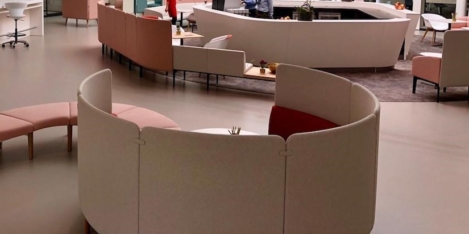
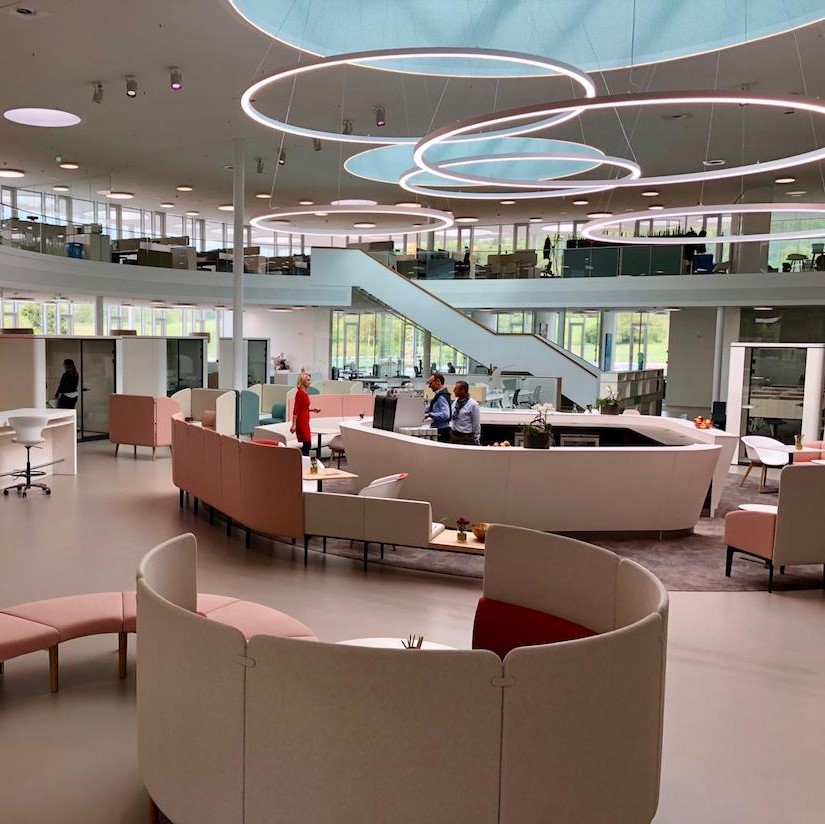
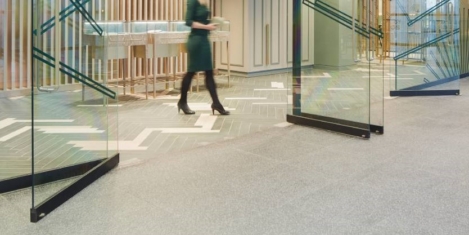
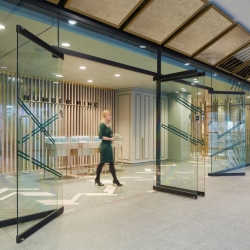 At a recent
At a recent 
 I recently stumbled upon the phrase epistemic trespass, which describes the phenomenon of people making judgements in fields in which they have no expertise. I came across it as it was used to explain the sudden explosion of opinions about Afghanistan from a hitherto unknown horde of experts. Which may or may not be the same horde that has been so very certain about immunology and public health during the pandemic. It’s an old idea and one that needs to be treated with care, for reasons set out by Noah Smith
I recently stumbled upon the phrase epistemic trespass, which describes the phenomenon of people making judgements in fields in which they have no expertise. I came across it as it was used to explain the sudden explosion of opinions about Afghanistan from a hitherto unknown horde of experts. Which may or may not be the same horde that has been so very certain about immunology and public health during the pandemic. It’s an old idea and one that needs to be treated with care, for reasons set out by Noah Smith 








June 9, 2022
How I learned to stop worrying and embrace uncertainty
by Mark Eltringham • Comment, Flexible working, Technology